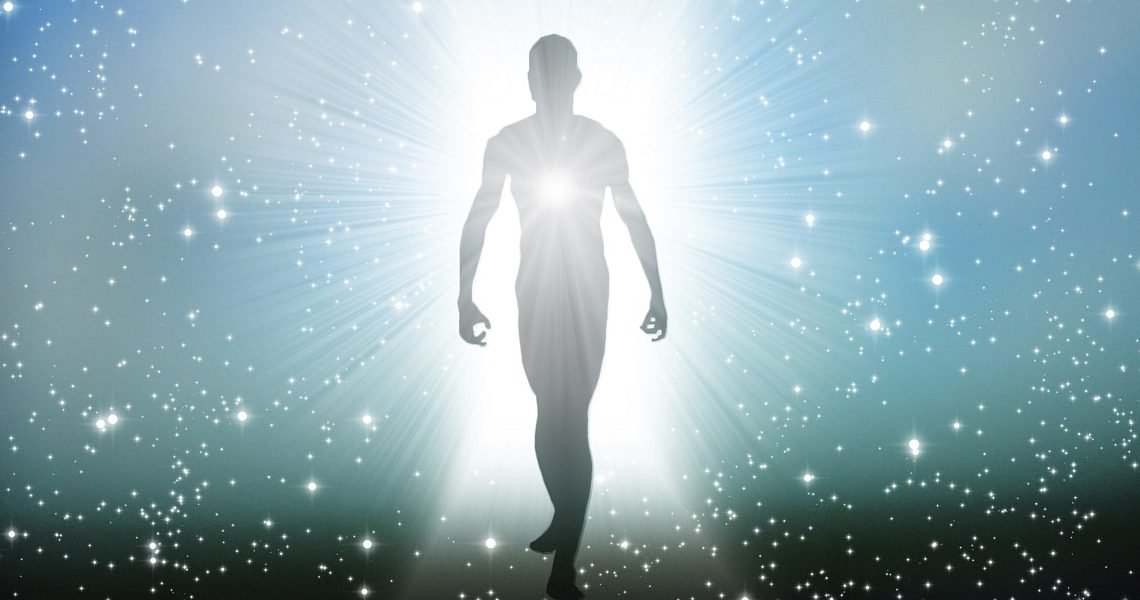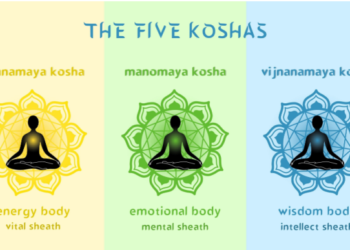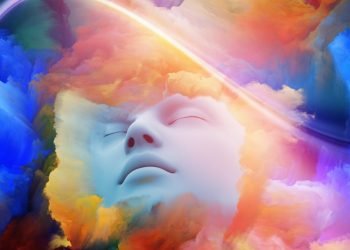Have you heard the term pancikarana? As a matter of fact, Pancikarna is the Vedantic theory of matter coming into being. Do you find yourself wondering about the human personality as a whole? Do you want to know about the types of human personality and the three bodies? Let us find out.
Pancikarna
Penned by Adi Sankara, Advaita Vedanta regards Brahma to be alone. Therefore, all else is unreal. Basically, it means that five elements and their combinations come from one source, Brahma. Finally, they then come together and create a phenomenal world. The composition of human personality depends on Panchikarana. Pancikarana refers to how the five subtle elements (pancatanmatras) become five gross elements (panca-mahabhutas). Finally, these elements would then go on to make up the gross world. Haven’t you seen the scientists analyze the objective world from outside? Likewise, the rishis also discovered that the human being consists of the following by studying from within: –
Three Bodies
Before we proceed to the types of human personality, let’s discuss the three bodies in brief.
- Sthula sarira: It refers to the gross physical body. It consists of many components produced by one’s karma in the past life. Additionally, it is also the instrument of Jiva’s experience.
- Suksma sarira: Suksma sarira relates to the subtle body, which means the mind and intellect that keeps the body alive. Furthermore, the five subtle elements make up the suksma sarira.
- Karana sarira: Karana sarira denotes the casual body. Other than being the seed of the subtle and gross body, it has no other function.
Four composite human personality
The four composite personalities are: –
- Physical
- Mental
- Intellectual
- Spiritual
Five sheaths or layers
The five layers corresponding with the three bodies are given below: –
- Annamaya Kosa or food sheath: Food sheath refers to the physical body born of food, sustained by food. In the end, it returns to the elements to become food again.
- Pranamaya Kosa or vital-air sheath: Five pranas make up the Pranamaya Kosa. Furthermore, it indicates physiological activities undertaken by the individual.
- Manomaya Kosa or mental sheath: It refers to the mind, comprising of emotions
- Vijnanamaya Kosa or intellectual sheath: Likewise, the Vijanamaya Kosa contains the intellect, which consists of discrimination and judgment.
- Anandamaya Kosa or bliss sheath: It refers to the state of deep, dreamless sleep. Besides, this state also consists of blissful ignorance.








